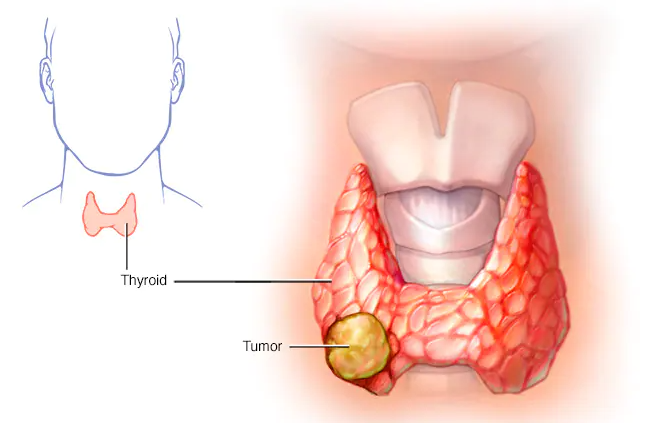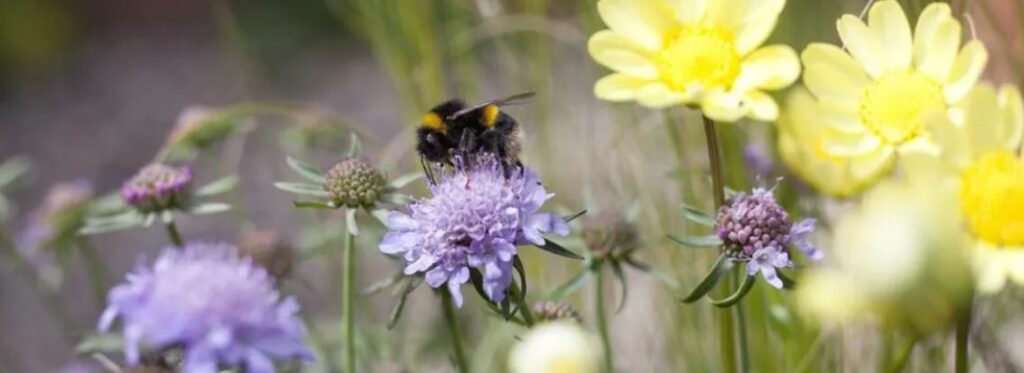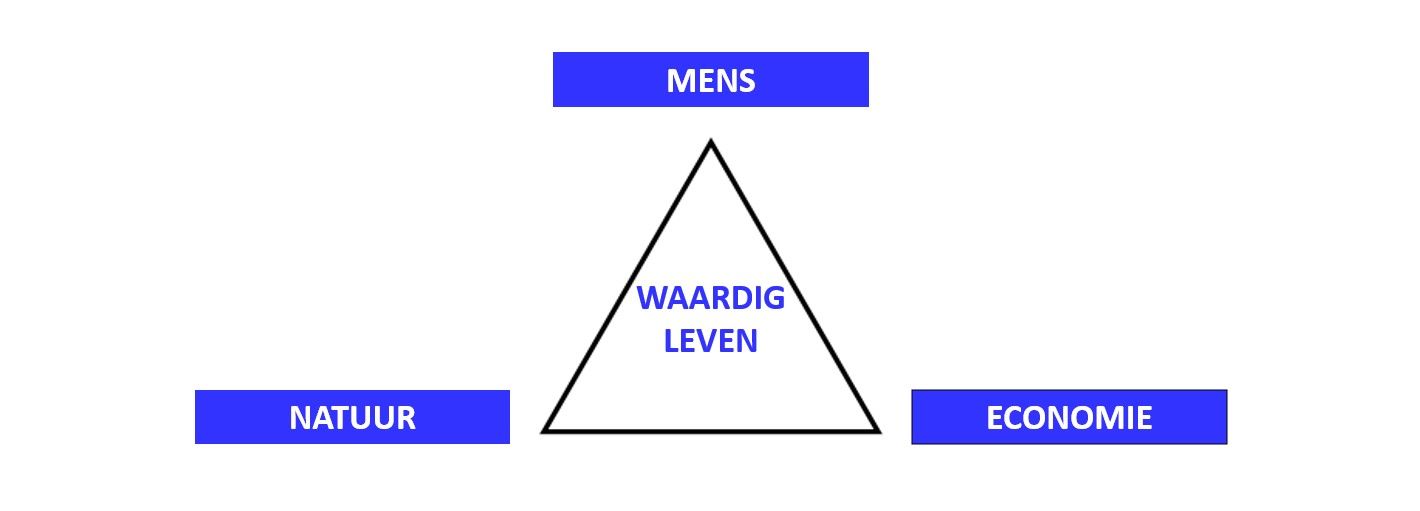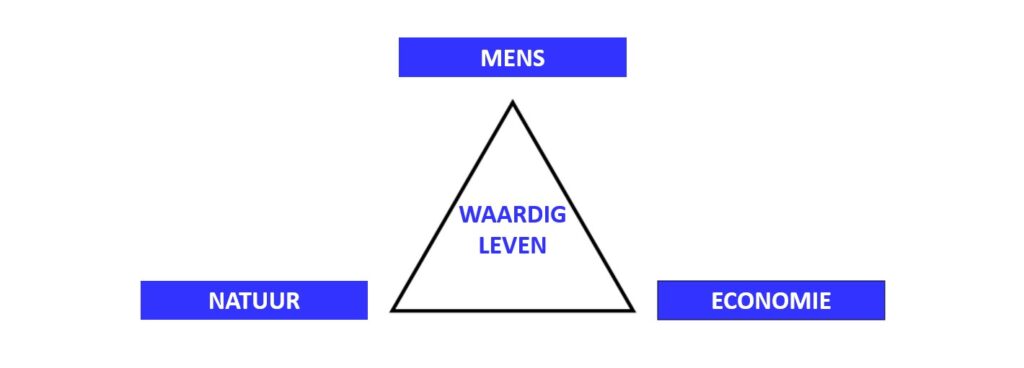Une nouvelle qui vient juste d’arriver, des chercheurs ont découvert un lien entre certaines substances per- et polyfluoroalkylées et le risque accru de cancer de la thyroïde
Hoewel blootstelling aan per- en polyfluoralkylstoffen mogelijk bijdraagt aan de stijgende trend in schildklierkanker, werd de associatie tussen blootstelling aan PFAS en schildklierkanker bij menselijke populaties slechts in beperkte mate onderzocht. Hierin kwam nu verandering. De recente studie van van Gerwen et al. [2023] rapporteert associaties tussen de blootstelling aan PFAS en het verhoogd percentage aan schildklierkankers. De auteurs van het artikel beschouwen dit als een wereldwijd probleem aangezien men steeds vaker is blootgesteld aan PFAS.
—
Although per- and polyfluoroalkyl substances exposure is a potential contributor to the increasing thyroid cancer trend, limited studies have investigated the association between PFAS exposure and thyroid cancer in human populations. This has now changed. The recent study by van Gerwen et al. [2023] reports associations between exposure to PFAS and an increased rate of thyroid cancer. The authors of the paper consider it a global concern given the increasing prevalence of PFAS exposure.
—
Les substances per- et polyfluoroalkylées ou PFAS, également connues sous le nom de « forever chemicals ou substances chimiques éternelles », constituent un énorme groupe de produits chimiques contaminant le sol, l’eau et l’air. En raison de leur fortes liaisons carbone-fluor, ces substances sont extrêmement résistantes à la dégradation. Ils sont utilisés dans les produits de consommation du monde entier depuis les années 1940, notamment dans les ustensiles de cuisine antiadhésifs, les vêtements déperlants, les tissus antitaches, les cosmétiques et les pesticides et autres produits qui résistent à la graisse, à l’eau et à l’huile [Glüge et al. 2020 ; Ng et al. 2021]. Leurs caractéristiques exceptionnelles offrent en effet un large éventail d’applications industrielles innovantes, mais soulèvent également des inquiétudes majeures. Les PFAS sont des substances nocives omniprésentes.
De nombreuses institutions nationales et internationales, dont le Parlement européen et l’Agence américaine de protection de l’environnement, avaient déjà déclaré que l’exposition aux PFAS constitue une crise sanitaire. On le soupçonnait déjà, l’exposition aux PFAS peut contribuer à l’augmentation du nombre de cancers de la thyroïde. Peu d’études avaient cependant examiné l’association entre l’exposition aux PFAS et le cancer de la thyroïde dans les populations humaines. Cette lacune a été comblée par l’étude très récente de van Gerwen et al. [2023] sur les associations entre les niveaux de PFAS dans le plasma et le diagnostic du cancer de la thyroïde, une étude cas-témoins emboîtés de patients atteints du cancer de la thyroïde et dont les échantillons de plasma avaient été prélevés avant et pendant le diagnostic du cancer.
La prévalence accrue des cancers de la thyroïde ne peut être niée
Face à l’augmentation considérable du nombre de cancers de la thyroïde dans le monde entier, les chercheurs ont décidé de se pencher sur les facteurs environnementaux susceptibles d’être à l’origine de cette augmentation. Dès le début il était fort probable que les expositions aux substances éternelles puissent expliquer, du moins en partie, l’augmentation du nombre de cancers de la thyroïde.
van Gerwen et al. [2023] ont étudié 88 patients atteints d’un cancer de la thyroïde, dont les échantillons de plasma ont été prélevés au moment du diagnostic du cancer ou avant, et 88 témoins non atteints de cancer (n’ayant développé aucune forme de cancer), qui correspondaient sur le plan du sexe, de la race/ethnie, de l’âge, de l’indice de masse corporelle, du tabagisme et de l’année de prélèvement de l’échantillon et ils ont mesuré les niveaux de huit PFAS dans les échantillons de sang des participants. Les niveaux de chaque PFAS ont été comparés entre les deux groupes de participants, en utilisant différents modèles statistiques pour estimer la précision.
Les résultats de l’étude prouvent clairement la crise sanitaire des PFAS
Les résultats ont montré que l’exposition à l’acide perfluorooctanesulfonique ou PFOS, un des produits chimiques appartenant à la famille des PFAS, augmentait de 56% le risque de diagnostic de cancer de la thyroïde. En outre, les chercheurs ont refait l’analyse dans un sous-groupe de 31 patients qui avaient eu au moins un an entre leur inscription et leur diagnostic de cancer de la thyroïde, afin de tenir compte du délai entre l’exposition aux PFAS et le développement d’une maladie. Cette deuxième analyse a également révélé une association positive entre l’exposition aux PFAS, et au PFOS en particulier, et le risque de cancer de la thyroïde. Un problème non-négligeable ! Cette petite glande en forme de papillon située à la base du cou, sécrète des hormones qui aident les cellules à fonctionner normalement et à transformer en énergie les éléments nutritifs contenus dans les aliments afin de fournir les éléments de base importants nécessaires au corps et à l’esprit [Demeneix 2017 ; Lapauw 2023].
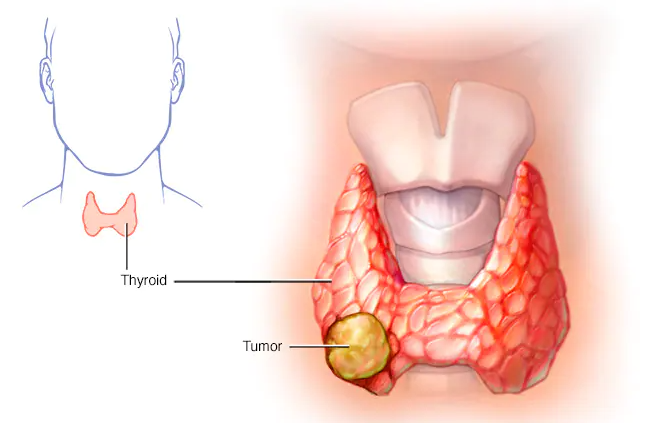
Les résultats de cette étude confirment la crise sanitaire des PFAS et soulignent la nécessité de réduire et, espérons-le, d’éliminer un jour l’exposition aux PFAS. Aujourd’hui, il est pratiquement impossible d’éviter les PFAS dans nos activités quotidiennes. Espérons cependant que ces résultats feront prendre conscience de la gravité de ces substances chimiques éternelles. Discutons de notre exposition aux PFAS avec notre médecin traitant pour déterminer le risque et se faire dépister le cas échéant. Insistons pour que l’industrie continue à changer pour éliminer complètement les PFAS. Et, avant tout, essayons de convaincre les climato-nihilistes, dont le nombre augmente proportionnellement au nombre de preuves scientifiques de la dégradation/pollution de la planète Terre, de l’inexactitude de leurs affirmations !
Références
Demeneix [2017]. Cocktail toxique – Comment les perturbateurs endocriniens empoisonnent notre cerveau, Odile Jacob, pp. 320
Glüge et al. [2020]. An overview of the uses of per-and polyfluoroalkyl substances (PFAS), Environmental Science: Processes & Impacts 22, 12, 2345 – 2373
Lapauw [2023]. De schildklier – Over de impact van een klein orgaan, Borgerhoff & Lamberigts, pp. 192
Ng et al. [2021]. Addressing urgent questions for PFAS in the 21st century, Environmental science & technology 55, 19, 12755 – 12765
van Gerwen et al. [2023]. Per-and Polyfluoroalkyl Substances (PFAS) Exposure and Thyroid Cancer Risk, eBioMedicine, 104831
